Top 10 selected ideas 2025
De UvA Create a Course Challenge
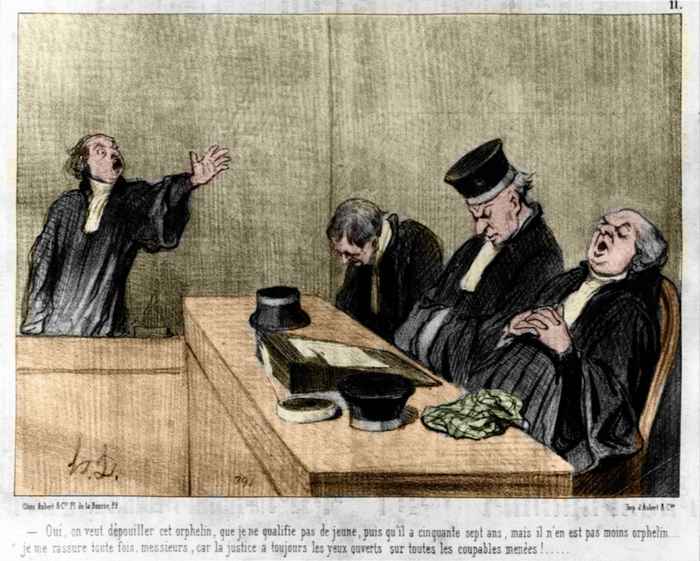
Maria Tsvetkova - Communication Science
‘The Politics of Being Heard: Persuasion Without Status’ is a practice-centred course that teaches how to persuade in settings where one holds little or no recognized authority. Students study court testimonies, university appeals, and migrant petitions to analyze how voice functions as a survival mechanism in a context of inequality and disbelief. Using both real cases and in-class simulations, with a theoretical basis of credibility, gatekeeping, administrative justice, structural exclusion, and narrative building; students learn how the power structures shape credibility, understand the nuance of persuasion under inequality, and create strategies that combine vulnerability and agency, applying framing and situational awareness. By the end of the course, a public-facing website is built combining students’ work – theory summaries, a practical guide on choosing a communication strategy based on the context, and example appeals created – as a practical aid to people facing unequal hearings and processes.

Santina Lourdes Piazzese Spratte - Msc Psychology track social influence
As AI keeps growing at an unprecedented pace, most teachings focus on business outcomes and optimization. This course fills a critical gap by focusing on the human aspect for informed decision-making. It is a dynamic, critical-thinking driven space for Bachelor’s students from diverse backgrounds –from psychology and humanities, to business and marketing.
We will move beyond the “how” and into the “why” and “at what cost?” You will learn to analyze complex ethical dilemmas derived from real world AI use-cases: How is AI shaping our relationships, our education, our mental health, and even our everyday choices? How do people feel about this new technology, and what can we learn from it?
Using cutting edge literature, and promoting active debate, this course equips you with the essential ethical literacy to become a conscious, responsible professional in an AI-driven present, and future.

Abhisree Bhattacharya & Rucha Kulkarni - Communication Science
As healthcare is being revolutionized through Artificial Intelligence, algorithms increasingly determine who gets treated, how the risks are estimated, and whose bodies are monitored. The course seeks to address the urgent social issue: How do AI systems replicate structural discrimination and enhance health inequities by using biased data and discriminatory design?
By studying medical sociology, science & technology studies, and critical data science, the students learn the ability to feel and resist algorithmic bias through experiential analysis of real-world health data sets. You will collaborate closely with community Amsterdam organizations like patient advocacy associations and GGD public health service to perform algorithmic audits, community-driven research, and develop actionable interventions to spur digital health equity. The course provides you with transdisciplinary competencies for our future of AI: technical competence in bias detection, critical insight into how technology is shaping social injustice, and ethical frameworks for responsibility for innovation. No coding expertise required.
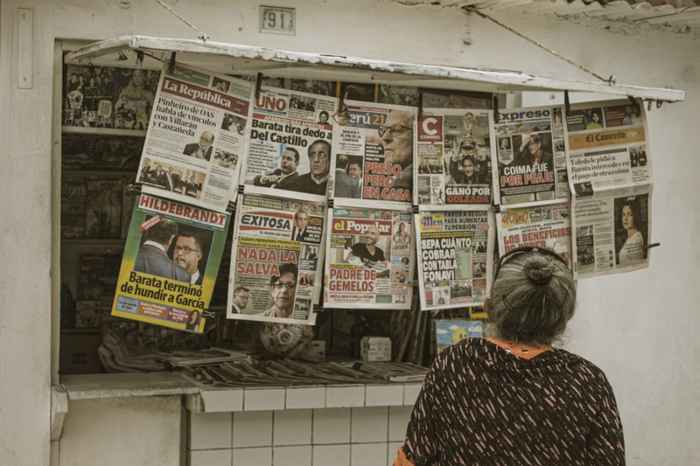
Giulia Wagner & Anthony Massimiliano Omodei - Media and Culture & European Studies
Living in Amsterdam and in an ever more globalized world, students will be able to learn more about the political and social issues of the Netherlands and to relate them to international politics.
The course is open to any interested student wanting to learn more about current Dutch and European politics, their perspectives, and how these are reflected and presented through press work. They will do so by reading, debating, and understanding journalistic reports on current political affairs and narratives. Excursions and practical work make the study material hands-on, fostering close collaboration and interchange. Using various contemporary news sources, this course allows students to get hands-on experience in an academic environment where they are encouraged to apply critical thinking to political topics. A highly relevant topic discussed is the use of AI and the perspectives it generates. Combined with expert guests in journalism, the course provides students with thorough insight while not requiring prior knowledge.
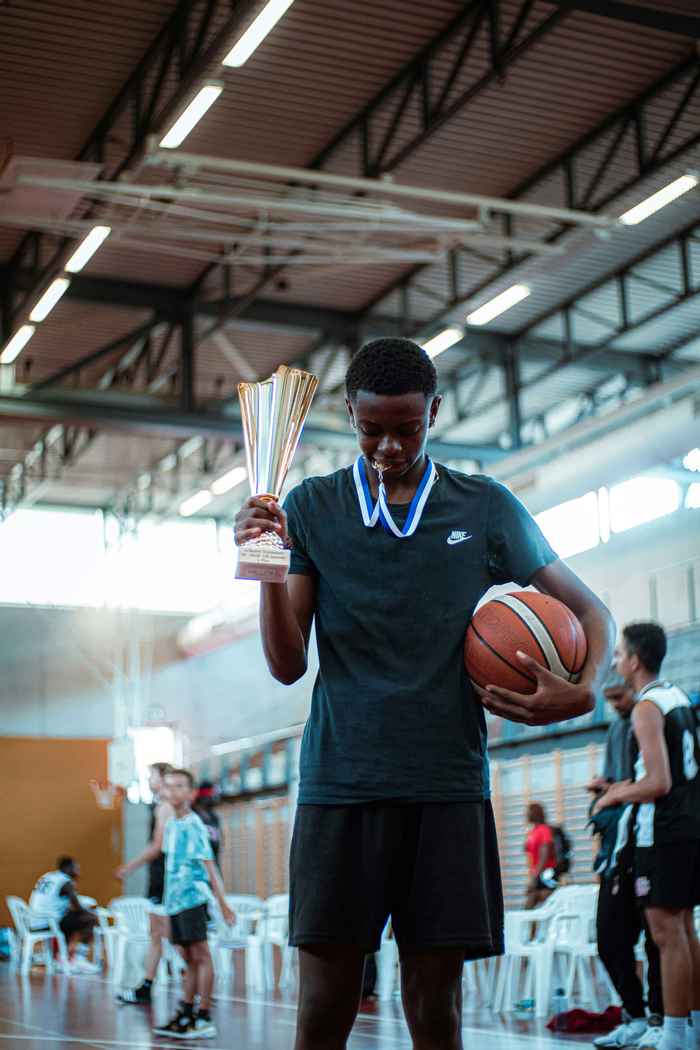
Carol Murphy & Amelie Woitow - Master of Psychology
Societally, the course addresses burnout, perfectionism, and fear of judgment: issues deeply relevant to both education and the workplace. The course explores what happens when we stop chasing perfection and start studying failure as a pathway to growth, creativity, and self-knowledge. University itself teaches success: grades, achievements, polished presentations. This course teaches the opposite: how to fail intelligently, creatively, and courageously.
Students will explore the psychology of perfectionism, cultural attitudes toward failure, and the role of mistakes in growth and innovation. More importantly, they will practice failing, on purpose, and reflect on what happens inside them and around them.

Joep van Heugten - Master Political Science (IR Track) & International Development Studies
Why do so many students write academically ambitious papers on social reform? But find it difficult to transform their moral potential into a career trajectory, ending up in banks, consultancy, and law firms that form part of the problem and not solution to Global Challenges.
This course explores how individuals, enterprises, and movements can combine moral purpose with strategic ambition to address some of the world’s most pressing challenges. Drawing on Moral Ambition by Rutger Bregman and related frameworks (ethics, development studies, impact evaluation, social entrepreneurship), students will learn to identify high-impact problems, design interventions or projects, understand structures of power, and measure and sustain change. Throughout, students will critically examine trade-offs, institutional barriers to change, and ethical dilemmas, emerging with a project proposal that could stand as the basis for a start-up, non-profit, policy reform, or social movement.

Kuan Wai Wong & Jiachun Li - Research Master of Cultural Analysis
Spaces in Between: History, Politics and Culture of Special Territories explores how exceptional regions, such as medieval free cities and colonial concessions, challenge traditional understandings of sovereignty, identity, and governance. Through interdisciplinary approaches combining history, law, political science, and cultural studies, students examine how these “in-between” spaces emerged, functioned, and even continuously to shape today’s geopolitical realities. The course encourages students to connect historical cases with contemporary global debates on decolonization, globalization, and autonomy. Learning activities include lecturers, case-based presentations, and a student-led mini-conference that bridges theory and practice. By engaging with historical treaties, cultural texts, and visual materials, students develop analytical and comparative skills while cultivating a critical awareness of how these special territories complicate narratives. Ultimately, the course invites students to rethink the fluid boundaries of power negotiation in an interconnected yet fragmented world.
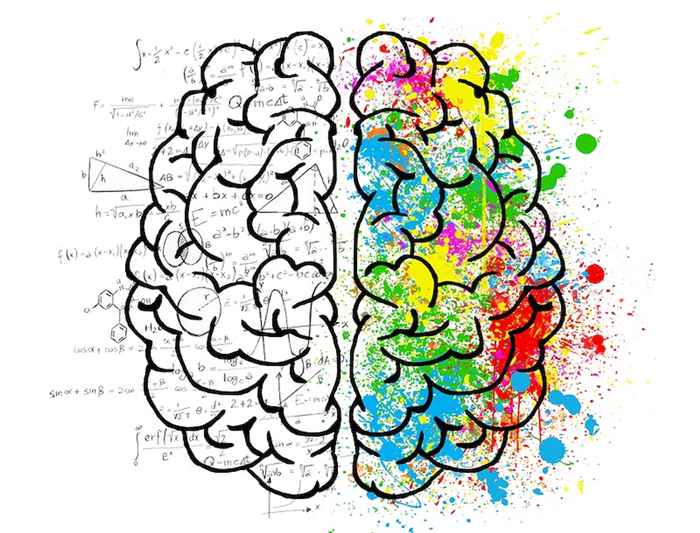
Lucy Goodchild - Premaster's Linguistics
The estimated one in five people who are neurodivergent experience more unemployment and are at higher risk of burnout. Organizations that can’t attract and keep neurodivergent employees are missing out on the competitive advantage of neurodiversity. Critically, we need this diversity of thought to tackle global challenges to sustainable development.
In this course, students will build their knowledge of neurodivergence and its role in business, and work with the community to design an intervention that makes a business more neuroinclusive.
Through a variety of learning methods, including lectures and seminars, site visits and innovation sessions, students will learn to identify areas for improvement and come up with ideas that support neuroinclusion.
The course will cover various disciplines, from business administration and corporate sustainability to clinical psychology and communication. Students will engage with neurodivergent employees at a company to design and pitch an intervention that could make a real difference.
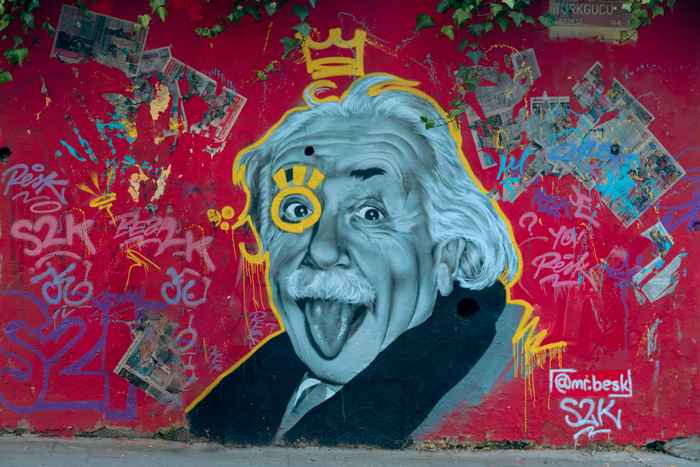
Łukasz Graff - Master Artificial Intelligence
Hawking, Mozart, van Gogh – what do these people have in common? All of them perceived the world much differently than most, all of them had ideas that transcended the ordinary, and all of them suffered terrible fates. This course seeks to offer an interdisciplinary view of genius, examining the topic through three perspectives:
1. The Mind of a Genius: What defines intelligence and creativity? We shall examine the neural and psychological foundations of exceptional thinking and the role of neurodiversity in creative discovery.
2. Genius and Society: Who is recognized as a genius, and why? We shall analyze how gender, race, and privilege shape recognition and whether progress stems from extraordinary individuals or collective effort.
3. The Myth of Genius: How have art and literature depicted brilliance and torment? We shall ask whether the common narrative improves or distorts our understanding.

Sinja Horster & Amine Challouf - BSc Future Planet Studies
When was the last time you sat somewhere and did absolutely nothing? Before silence even settles, our hands reach for the phone, hundreds of times a day, an addiction to attention that we hardly notice anymore. Phone screen times of three or more hours a day are the new normal; connection is measured in notifications, not in eye contact. Our hunter-gatherer minds wander through a hyperfast and hyperindividual world where attention is currency. We chase meaning through online culture and performance until individuality dissolves in imitation, distrusting our ability to create without using AI. We no longer rely on our senses; we check expiry dates instead of smelling food, and fear dirt instead of feeling soil. Capitalism has taught us to throw away what could be repaired, losing not only resources but the quiet joy of making and caring. The modern human growing up in cities has lost many skills essential to what, over millennia, evolution has made the human experience “human” which throughout the course we will explore and rediscover. This course is an invitation to reclaim four essential human skills we lost: mindfulness, nature connection, craftsmanship, and community, and to rediscover what it means to be human in the 21st century.